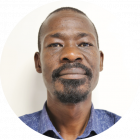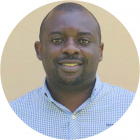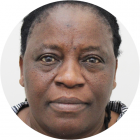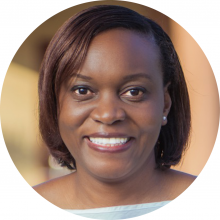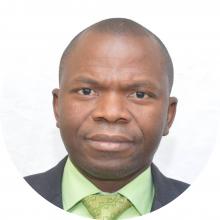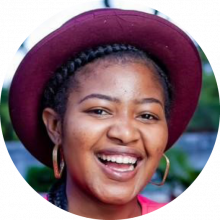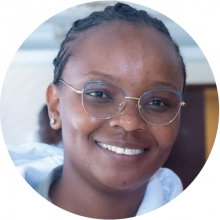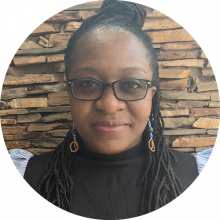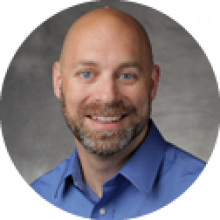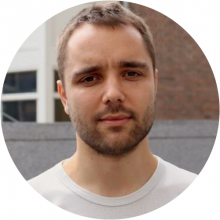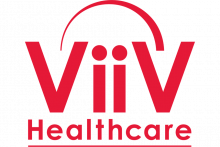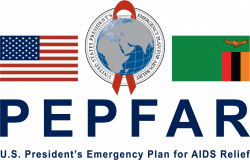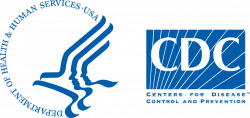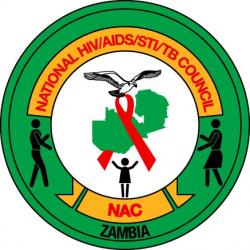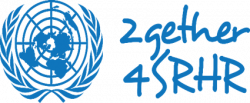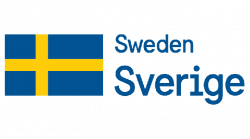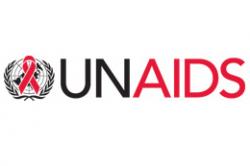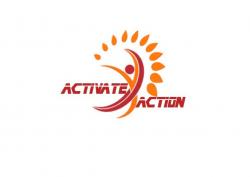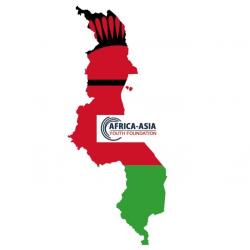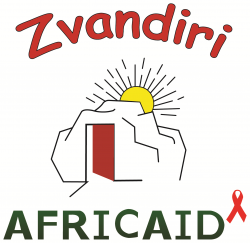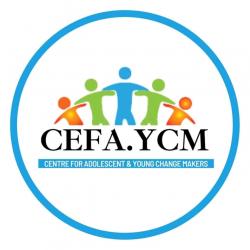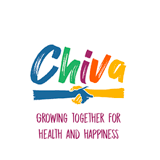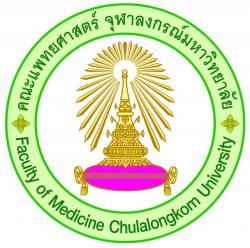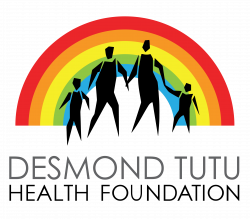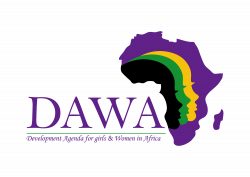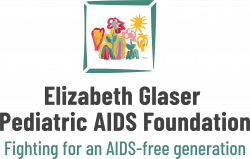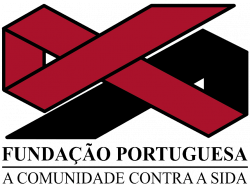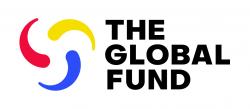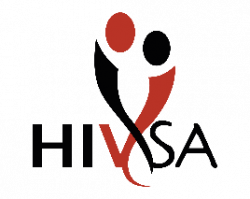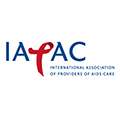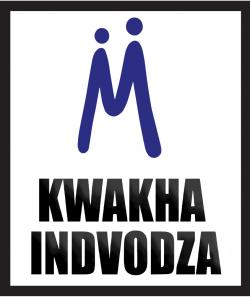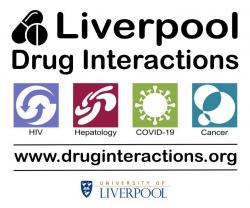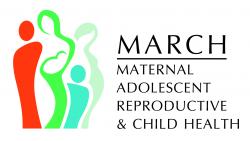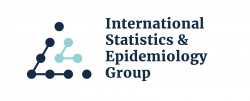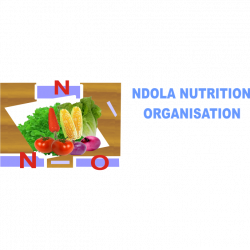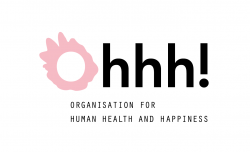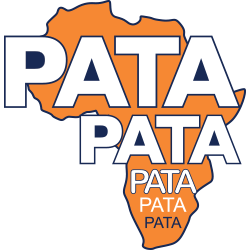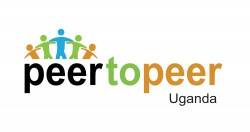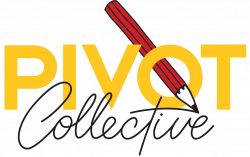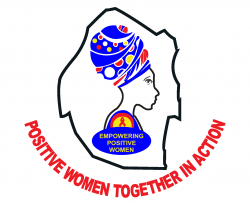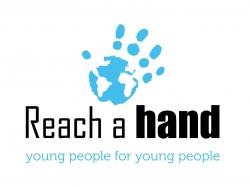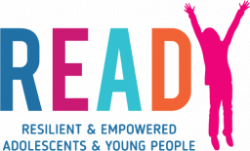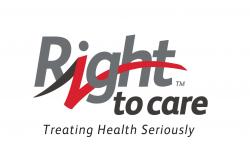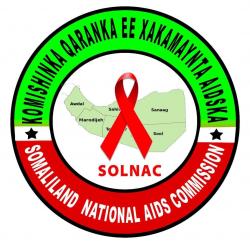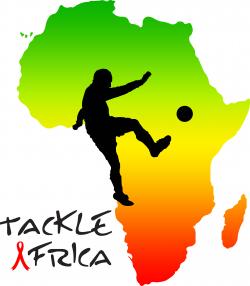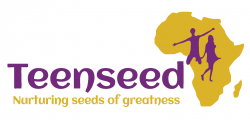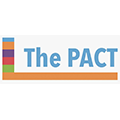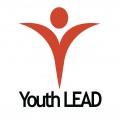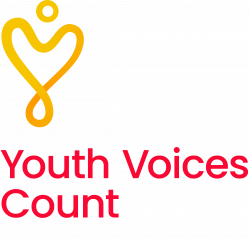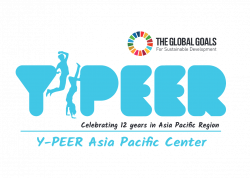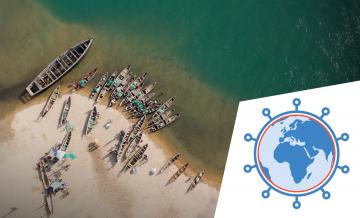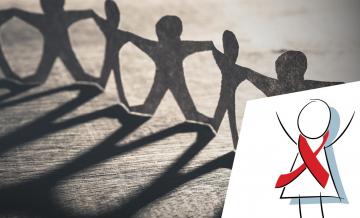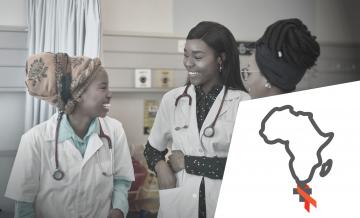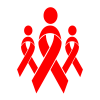
International Workshop on HIV & Adolescence 2023
Related Enduring Materials
Day 1 - Wednesday, 4 October
Day 2 - Thursday, 5 October
Day 3 - Friday, 6 October
What's New
- We are delighted to share with you the new logo of the HIV & Adolescence 2023 workshop.
- To stay updated on the relevant developments, make sure you are signed up for our newsletter.
Welcome
The International Workshop on HIV & Adolescence took place as a hybrid program on 4-6 October 2023 in Lusaka, Zambia.
The workshop theme was "Out of the Box SRHR and HIV Innovation for, with, and by Adolescents".
The next edition of the International Workshop on HIV & Adolescence will take place in Nairobi, Kenya from 2-4 October 2024.
Adolescence is a unique developmental stage full of transitions that offer both challenges and opportunities – including laying a foundation for good health. Every effort must be made to ensure access to HIV and SRHR services and retain adolescents in care to improve and maintain their health and well-being.
The medical advances that have transformed HIV treatment and prevention are yet to alter the stark reality for adolescents and young people, particularly in low to middle-income countries. Even as AIDS-related mortality has decreased overall in recent years, AIDS-related deaths among adolescents are still higher than in adults. AIDS is still the no.1 cause of death of adolescents in 12 countries in SSA, and almost six times as many adolescent girls acquired HIV than adolescent boys. Uncountable early pregnancies among young women who were not ready have occurred, often in the context of violence. Globally 50% of pregnancies among 15 - 19-year-olds were unintended. Young key populations remain marginalized from critical services.
There is a need to understand and invest in evidence-informed multi-sectoral solutions that support young people to reduce their HIV risk, improve SRH, educational and employment outcomes, reduce poverty and hunger, and exposure to violence and mental health. This workshop aims to look at the fuller lives of adolescents and address the multiple overlapping drivers that impact their sexual and reproductive health and HIV needs. It explores new and innovative approaches, such as digital technology, and focuses on adolescents’ agency and leadership to control their health and lives.
Workshop Chairs
• Clinicians and other HCP’s involved in care of adolescents living with HIV;
• Researchers;
• Adolescents and youth;
• Policymakers;
• Programmers;
• Implementing partners;
• Community representatives; and
• (Non-)Government representatives.
• Provide updates on the latest research innovations and implementation experiences, and translate them into best practices to optimize HIV and SRHR interventions and services for adolescents;
• Share adolescent-centered solutions to provide psychosocial support and ensure mental well-being;
• Stimulate communication, networking, and skill-building for diverse stakeholders;
• Enable young people to lead the HIV and SRH response and support others to gain the knowledge and skills to make safe choices for their health, well-being, and dignity;
• Share experiences of adolescents including youth-led interventions and programs.
• Utilize the latest research and implementation understanding on adolescent HIV and SRHR to inform their respective work areas for greater impact on adolescent health and well-being.
• Identify innovations including digital tools to improve HIV and SRHR programming and service delivery.
• Identify key drivers of poor HIV and SRHR outcomes for adolescents and delineate the critical multisectoral strategies for improvement.
• Describe the mental and psychosocial challenges and solutions for adolescents and their relation to HIV and SRHR.
• Identify the importance and enhance adolescent leadership and engagement in their respective areas of work.
Full Address:
Taj Pamodzi | Lusaka
Church Road Lusaka ZM, 35450, Zambia
Translation will not be provided.
Any individual who feels discriminated against, harassed, disrespected, or marginalized is encouraged to report the incident(s) to VE and AME via info@amededu.com or to one of our on-site personnel.
Any participant who is found to have exhibited any inappropriate conduct or behavior against others may be removed from the program.
The members of the Organizing Committee are a group of carefully selected experts and inspirational leaders in their respective fields. They meet frequently to discuss the scientific program of the workshop, identify interesting topics and candidate speakers, and review all submitted abstracts.
Scientific Committee
-
Job Akuno, Elizabeth Glaser Pediatric Aids Foundation, Kenya
-
Wole Ameyan, WHO, Switzerland
-
Sarah Bernays, University of Sydney, Australia
-
Tom Churchyard, Kwakha Indvodza, Swaziland
-
Chelsea Coakley, University of Cape Town, South Africa
-
Luann Hatane, PATA, South Africa
-
Missael Hotman, Youth LEAD / Inti Muda, Indonesia
-
Igor Kuchin, Y+, Austria
-
Zanele Mabaso, Sonke Gender Justice, South Africa
-
Aveneni Mangombe, Zimbabwean Ministry of Health and Children, Zimbabwe
-
Shirley Mark, UNICEF East Asia, Thailand
-
Zandile Masangane, Ministry of Health, Eswatini
-
Webster Mavhu, CeSHHAR, Zimbabwe
-
Nyaradzo Mavis Mgodi, University of Zimbabwe / University of California San Francisco, Zimbabwe
-
Boyd Mkandawire, Grassroots Soccer, Zambia
-
Linda Barlow Mosha, Makerere University-Johns Hopkins University Research Collaboration, Uganda
-
Lloyd Mulenga, Ministry of Health, Zambia
-
Saiqa Mullick, WITS, South Africa
-
Nicholas Niwagaba, In Their Hands (ITH), Uganda
-
Ikka Noviyant, Youth Lead, Thailand
-
Laura Bonareri Oyiengo, Ministry of Health, Kenya
-
Renata Sanders, Johns Hopkins University School of Medicine, United States
-
Wipaporn Natalie Songtaweesin, Chulalongkorn University, Thailand
-
Kossy Umeh, Y+, Nigeria
-
Marissa Vicari, UNAIDS, Switzerland
-
Daniel Were, Jhpiego, Kenya
-
Nicola Willis, Zvandiri, Zimbabwe
The members of Scientific Committee are hand-picked by the Organizing Committee and the conference secretariat based on their significant contributions and commitment to the field. They assist the Organizing Committee by providing them with suggestions for speakers and topics. In addition, members of the Scientific Committee participate in reviewing submitted abstracts, and play an active role during the workshop as moderators and/or chairs of sessions.
Support Our Initiative
Financial backing helps us deliver an impactful meeting experience for the benefit of healthcare professionals and community representatives involved with adolescents affected by HIV.
This collaboration plays a vital role in both the organizational as well as the scientific success of the program. Supporters are not involved in the development of content or the selection of faculty.
To show your commitment to the cause and get in touch with us for a tailored support package, please contact Ms. Karin Siebelt at Karin.Siebelt@amededu.com or call +31 30 230 7147
Benefits of Support
By supporting this program, we can offer the following advantages for your company.* Please contact us for the most recent support level benefits for this program.
- Symposium opportunities
- Verbal acknowledgment during the program
- Discounted and complimentary registrations for your representatives
- Company acknowledgment on digital meeting materials including but not limited to newsletters, flyers, the streaming platform, and our website
- Company acknowledgment on printed meeting materials including but not limited to banners and the program book
- Digital and printed advertising opportunities
- Social media shout-outs
- Logo on the conference bag
*Subject to the support level
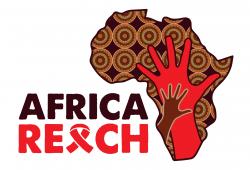

If you would like your organization to endorse HIV & Adolescence 2023, please contact Magda Sevlidou at magda.sevlidou@amededu.com
Young People’s Lusaka Declaration
The Young People’s Lusaka Declaration was inspired by some of the presentations made during the 7th edition of the International Workshop on HIV & Adolescence.
Young people made a choice, a choice to advocate for the development of injectables as a better treatment solution that will improve therapy outcomes and prevention.
We invite you to sign up for the declaration as an individual or an organisation.
Young People’s Lusaka Declaration
Call to Action: The time is now! Accelerating access of effective long-acting antiviral drugs to all for treatment and prevention.
We the young people from the undersigned organizations take this opportunity to issue our declaration on accelerating the access of effective long-acting antiviral drugs for HIV treatment and prevention to all globally.
Despite the great progress made in the HIV treatment and prevention cascade over the past four decades, HIV treatment and prevention options are limited, especially in the Global South where HIV prevalence remains the highest. As innovations become available, inequalities stall progress.
Current antiretroviral regimens have transformed HIV from a deadly disease into a manageable chronic condition. But young people living with and at risk of acquiring HIV encounter various challenges in adherence and persistence with daily pill taking, such as treatment fatigue and forgetfulness which could potentially be solved through longer acting treatment and prevention options.
As highlighted in the 7th HIV and Adolescence workshop 2023 in Lusaka, Zambia and throughout the past years, there is robust clinical evidence supporting the effectiveness of the much-anticipated injectable antiretroviral therapy (ART) and pre-exposure prevention (PrEP) therapy. Long-acting and extended-release formulations currently under development have the potential to overcome barriers presented by daily oral therapy and improve treatment adherence and promote the quality of life of young people living with or at risk of acquiring HIV all over the world.
We, the youth advocates for comprehensive HIV care, treatment and prevention, declare our support for the development, accessibility, affordability and integration of HIV injectable treatments and preventions as an essential component of HIV treatment and care.
The long-acting injectable treatments increase options and offer choice for both treatment and prevention. Choice is what we need and choice potentially addresses many of the challenges we face with our treatment and prevention.
The long-acting injectable ARTs will likely improve the quality of our lives by promoting room for self-care and agency. Promoting self-care also potentially reduces the burden on the healthcare system.
For some of us facing challenges with daily medication adherence, injectable therapies can offer extended protection and treatment and reduce the burden of frequent healthcare visits and daily pill consumption.
Increased Adherence and Convenience: By reducing the burden of daily adherence, injectable treatments offer convenience, alleviate some of the individual responsibility of adhering to treatment, and enable individuals to maintain consistent viral suppression, increasing opportunities for U=U and ultimately leading to improved health outcomes, including mental health.
Prevention Benefits: Long-acting pre-exposure prophylaxis (LA-PrEP) injectables, when made accessible, can provide discreet and effective prevention options for individuals at risk of acquiring HIV who struggle to meet the challenge of daily oral PrEP.
Empowering Communities: The availability of longer acting treatment and prevention can enable young people to take greater control of their health. By offering alternative options beyond daily oral medications, injectable treatments and prevention provide young people l the opportunity to choose a treatment or prevention modality that best suits their lifestyle and preferences, fostering autonomy and self-care and decreasing exposure to stigma.
We urge the pharmaceutical industry responsible for these new drugs to recognise the urgency and the inequality. These long-acting injectable antiviral treatments and prevention need to be available, accessible, affordable and integrated into our health care rapidly. Young lives are being lost and young people infected despite the existing evidence for effectiveness.
We call on our governments, The Global Fund, PEPFAR, and all other key partners to mobilize and advance a future where HIV injectable treatments and prevention are widely accessible, supported by policy makers, and integrated into comprehensive HIV care and prevention strategies.
We urge pharmaceuticals and researchers to continue with research into new HIV treatment and prevention options that can be efficiently and safely tested and made easily and urgently available to all young people all over the world until HIV is no longer a global health threat.
ACKNOWLEDGMENTS
● UNITED movement
● HIV & Adolescence 2023 Youth Reference Group
● AfroCAB
● Zambia Youth Hub
● Global Network of Young People living with HIV( Y+ Global)
● Operation Triple Zero
● Paediatric Adolescent Treatment Africa(PATA)
● Penta Foundation Young Reporter’s
Malachi - They Outgrew the Box
2022 Highlight Real
What Is Your Wish for Young People in the Future?
Why Do We Need to Get All Stakeholders Together in the Same Room?
Why Is it Important to Talk About HIV & Adolescence?
Previous Editions
- 6th Edition - International Workshop on HIV & Adolescence, 2022, South Africa
- 5th Edition - International Workshop on HIV & Adolescence, 2021, Virtual
- 4th Edition - International Workshop on HIV & Adolescence, 2020, Virtual
- 3rd Edition - International Workshop on HIV & Adolescence, 2019, Kenya
- 2nd Edition - International Workshop on HIV & Adolescence, 2018, South Africa
- 1st Edition - International Workshop on HIV & Adolescence, 2017, South Africa

